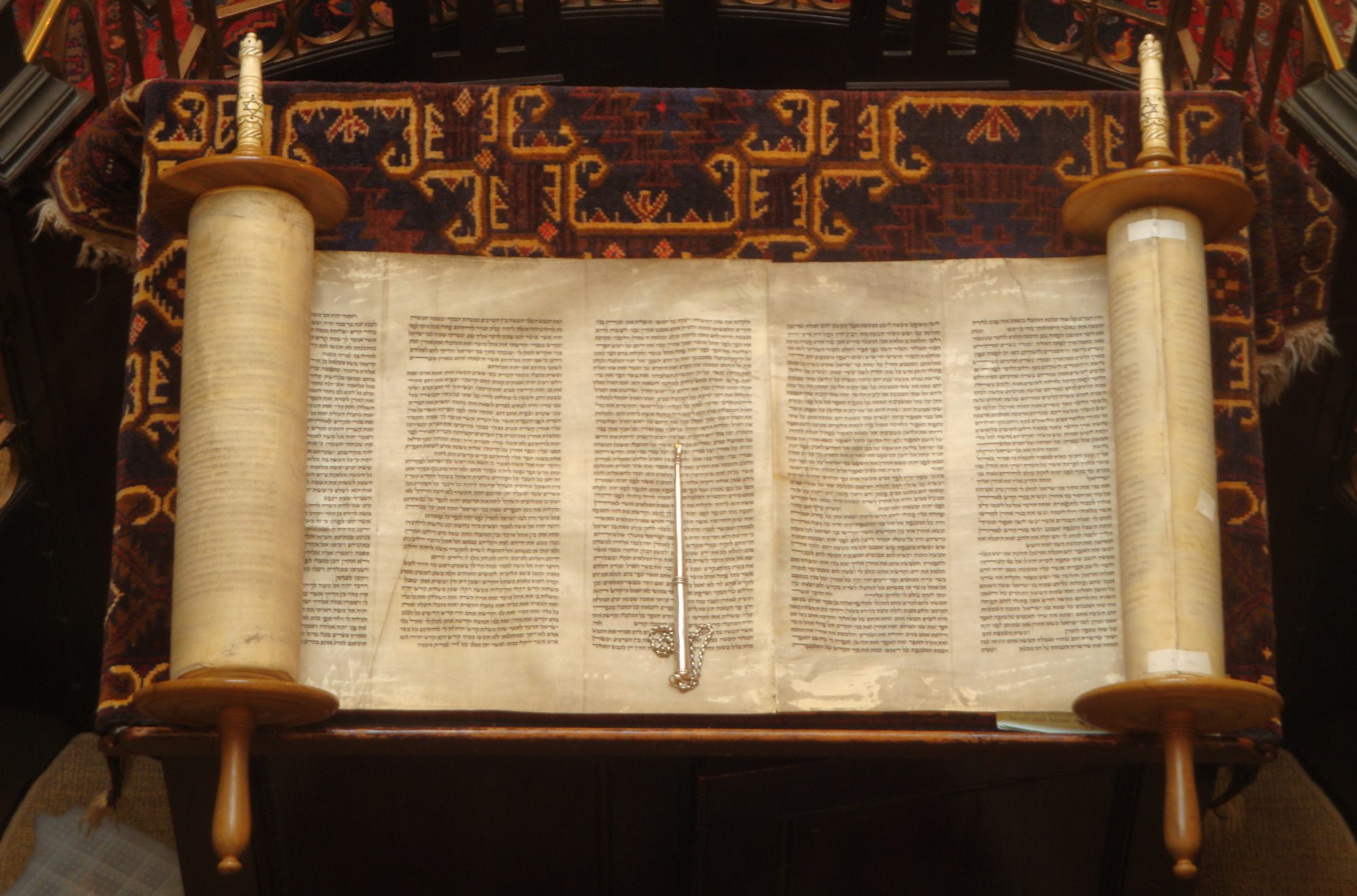Outline of Lesson 1
1. Islam is an Abrahamic monotheistic religion which professes that there is only one and incomparable God (Allah) and that Muhammad is the last messenger of God.
2. It is the world second largest religion.
3. It is the fastest growing religion in the world.
4. It has about 1.8 billion adherents.
5. The primary scriptures of Islam are the Quran, viewed by Muslims as the verbatim word of God, and the teachings and normative example (called the Sunnah, composed of account called hadith) of Muhammad.
6. Muslims believe that Islam is the complete and universal version of a faith that was revealed many times before through the prophets including Adam, Abraham, Moses, and Jesus.
7. The Quran is considered the unaltered and final revelation of God.
8. Islam believes that the righteous are rewarded in paradise and the unrighteous are punished in hell.
9. Five pillars of Islam: obligatory acts of worship, following Islamic law, which touches on virtually every aspect of life and society, from banking and welfare to women and the environment.
10. The cities of Mecca, Medina and Jerusalem are home to the three holiest sites in Islam.
11. Most Muslims are of one of two denominations: Sunni (75-90%) or Shia (10-20%).
12. Islam means “voluntary submission to God”
13. God is described in chapter 112 of the Quran as: “Say, He is God, the One and Only; God, the Eternal, Absolute; He begetteth not, nor is He begotten; And there is none like unto Him”.
14. Muslims repudiate polytheism and idolatry and reject the Christian doctrine of the Trinity and divinity of Jesus.
15. God is described and referred to by certain names or attributes, the most common being Al-Rahman, meaning “The Compassionate” and Al-Rahim, meaning “The Merciful”.
16. Allah is neither plural or gender identified.
17. Islam believes in angels but they have no form as they are believed to be light, they don’t possess free will, and therefore worship and obey God in total obedience.
18. Muslims believe in the “Day of Resurrection” and that it is preordained by God but unknown to man.
19. There are five basic religious acts in Islam, known as the “The Pillars of Islam” which are considered obligatory for all believers. They are (1) the creed, (2) daily prayers, (3) almsgiving, (4) fasting during Ramadan, and (5) the pilgrimage to Mecca at least once in a lifetime.
20. The Shahadah is the basic creed of Islam and must be memorized and recited under oath daily.
21. Ritual prayers are required to focus on God and seen as a personal communication with him that expresses gratitude and worship.
22. Zakat is a fixed charity that must be given annually and is based upon the assets owned by each person and paid by each person equal to 2.5% of the capital assets per year, for people who are not poor.
23. Sadaqah is the option giving by Muslims and is in addition to the mandatory Zakat and is for the needy people.
Outline of Lesson 2
1. Fasting from food and drink, among other things, must be performed from dawn to dusk during the month of Ramadan. The fast is to encourage a feeling of nearness to God, and during it Muslims should express their gratitude for and dependence on him, atone for their past sins, and think of the needy. Eating is permissible at other times.
2. The obligatory Islamic pilgrimage, called the hajj, has to be performed during the Islamic month of Dhu al-Hijjah in the city of Mecca. Every able-bodied Muslim who can afford it must make the pilgrimage to Mecca at least once in his or her lifetime.
3. Rituals of the Hajj include: spending a day and a night in the tents in the desert plain of Mina, then a day in the desert plain of Arafat praying and worshiping God, following the footsteps of Abraham; then spending a night out in the open, sleeping on the desert sand in the desert plain of Muzdalifah; then moving to Jamarat, symbolically stoning the Devil recounting Abraham’s action; then going to Mecca and walking seven times around the Kaaba which Muslims believe was built as a place of worship by Abraham; then walking seven times between Mount Safa and Mount Marwah recounting the steps of Abraham’s wife, while she was looking for water for her son Ismael in the desert before Mecca developed into a settlement.
4. Recitation and memorization of the Quran is required. Muslims recite and memorize the whole or part of the Quran as acts of virtue. Reciting the Quran in the correct manner has been described as an excellent act of worship. Pious Muslims recite the whole Quran at the month at the month of Ramadan. One who has memorized the whole Quran is called a hafiz who, it is said, will be able to intercede for ten people on the Last Judgment Day.
5. Sharia is the religious law forming part of the Islamic tradition. It is derived from the religious precepts of Islam, particularly the Quran and the Hadith. In Arabic, the term sharī’ah refers to God’s divine law and is contrasted with fiqh, which refers to its scholarly interpretations.The manner of its application in modern times has been a subject of dispute between Muslim traditionalists and reformists.
6. Traditional theory of Islamic jurisprudence recognizes four sources of sharia: the Quran, Sunnah (authentic hadith), qiyas (analogical reasoning), and ijma (juridical consensus).
7. Different legal schools developed methodologies for deriving sharia ruling from scriptural sources using a process known as ijtihad.
8. Traditional jurisprudence distinguishes two principal branches of law, ‘ibādāt (rituals) and mu ‘āmalāt (social relations), which together comprise a wide range of topics.
9. Its rulings assign actins to one of five categories: mandatory, recommended, permitted, abhorred, and prohibited.
10. Thus some areas of sharia overlap with the Western notion of law while others correspond more broadly to living life in accordance with God’s will.
11. The role of sharia has become a contested topic around the world. There are ongoing debates as to whether sharia is compatible with secular forms of government, human right, freedom of thought, and women’s rights.
12. Islam, like Judaism, has no clergy in the sacerdotal sense, such as priests who mediate between God and people.
13. A school of jurisprudence is referred to as a madhab. The four major Sunni schools are the Hanafi, Maliki, Shafi’I, Hanbali and sometimes Zāhirī while the two major Shia schools are Ja’fari and Zaidi.
14. To reduce the gap between the rich and the poor, Islamic economic jurisprudence encourages trade, discourages the hoarding of wealth and outlaws interest-bearing loans (call usury).
15. Wealth is taxed through Zakat, but trade is not taxes.
16. Jihad means “to strive or struggle” (in the way of God). Jihad, in its broadest sense, is “exerting one’s utmost power, efforts, endeavors, or ability in contending with an object of disapprobation”.
17. There are different categories of Jihad.
18. Jihad, when used without any qualifier, is understood in its military aspect.
19. Jihad also refers to one’s striving to attain religious and moral perfection.
20. Some Muslim authorities, especially among the Shi’a and Sufis, distinguish between the “greater jihad”, which pertains to spiritual self-perfection, and the “lesser jihad”, defined as warfare.
21. Within Islamic jurisprudence, jihad is usually taken to mean military exertion against non-believer/non-Muslim/Muslim combatants.
22. The ultimate purpose of military jihad is debated, both within the Islamic community and without. Jihad is the only form of warfare permissible in Islamic law and may be declared against illegal works, terrorists, criminal groups, rebels, apostates, and leaders or states who oppress Muslims.
23. Most Muslims today interpret Jihad as only a defensive form of warfare.
24. Offensive jihad can only be declared by a divinely appointed leader of the Muslim community, and as such is suspended since Muhammad al-Mahdi’s occultation in 868 AD.
25. For Muslim communities, family is the basic component of society, and is responsible for the wellbeing of its members.
26. Marriage, which serves as the foundation of a Muslim family, is a civil contact which consists of an offer and acceptance between two qualified parties in the presence of two witnesses.
27. The groom is required to pay a bridal gift to the bride, as stipulated in the contract.
28. Most families in the Islamic world are monogamous.
29. Polyandry, a form of polygamy, where a woman takes on two or more husbands is prohibited in Islam.
30. There are 49 Muslim majority countries in the world at the present time.
31. Islamic etiquette includes greeting others with (“peace be unto you”), saying (“in the name of God”) before meals, and using only the right hand for eating and drinking.
32. Circumcision of male offspring is also practiced in Islam.
33. Prohibited foods include pork products, blood, carrion, and alcohol.
34. All meat must come from an herbivorous animal slaughtered in the mane of God by a Muslim, Jew or Christian, with the exception of game that one has hunted or fished for oneself.
35. Food permissible for Muslims is known as halal food.
36. In Islam, social welfare is foremost. Duties to parents, neighbors, relatives, sick people, the old, and the minority have been defined in Islam.
37. Respecting one’s parents and taking care of them especially in their old age have been made a religious obligation.
38. Mainstream Islamic law does not distinguish between “matters of church” and “matters of state”; the scholars’ functions as both jurists and theologians.
39. Muslim tradition views Muhammad (c 570 – June 8, 632) as the seal of the prophets. During the last 22 years of his life, beginning at age 40 in 610CE, according to the earliest surviving biographies, Muhammad report revelation that he believed to be from God, conveyed to him through the archangel Gabriel. Muhammad’s companions memorized and recorded the content of these revelations, known as the Quran.
40. Muhammad was persecuted in Mecca and forced to leave and went to Medina, taking some of his converts with him. After 12 years of persecution, Muhammad was successful in bringing together the people into Islam and he returned to Mecca.
41. The Constitution of Median was formulated, instituting a number of rights and responsibilities for the Muslim, Jewish, Christian and pagan communities of Medina, bringing them within the fold of one community – the Ummah.
42. The Constitution established: the security of the community; religious freedoms; the role of Medina as a sacred place (barring all violence and weapons); the security of women; stable tribal relations within medina; a tax system for supporting the community in time of conflict; parameters for exogenous political alliances; a system for granting protection of individuals; a judicial system for resolving disputes where non-Muslims could also use their own laws and have their own judges.
43. By the time of Muhammad’s death he had united the tribes of Arabia into a single religious polity.



